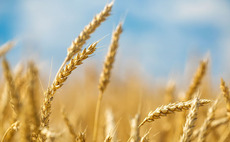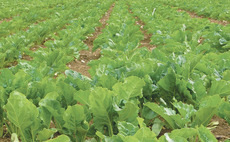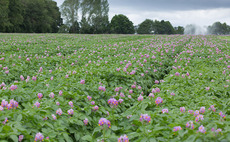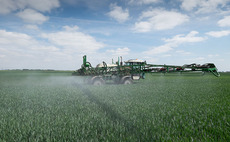Crops
Arable
What to watch: Our old crop price level destiny, for now, is largely wrapped-up in the French/Russian export battle.
Arable
�������� may look back on the 2019/20 grain season as one of the most buffeted by external events they can remember.
Livestock
The government is planning a trade policy with as few tariffs as possible, but the farming industry warns that must not allow the import of products which could put British farmers out of business.
Arable
Almost 50 years on from the closure of the Scottish sugar beet factory in Cupar, a Rural Innovation Support Service group is aiming to look into the feasibility and steps required to re-establish the crop in eastern Scotland.
Arable
A majority of potato businesses are growing cover crops in order to improve soil structure, build organic matter and dry out wet soils, but there could be a benefit to yields too.
Arable
NFU president Minette Batters has urged the Government to think responsibly about the impact land taken out of food production can have on farm businesses, following the prime minister’s confirmation HS2 will be built.
Arable
With some winter crops only just in the ground, and margins particularly tight, fungicide programmes will need careful consideration this season.
Farm Business
�������� in Scotland will benefit from a share of £40m as the Scottish Government moves to decarbonise the agricultural sector.
Arable
The co-operative structure was ideally suited to help farmers make the most of the data they collect, according to speakers at the Scottish Agricultural Organisation Society (SAOS) annual conference (Thursday Jan 30).��
Arable
What to watch: 2020 wheat production estimates remain difficult to predict, but it is clear we will need to import a huge tonnage. The spread between UK and Continental prices will remain the key metric to monitor.

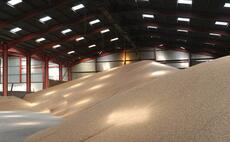
 14 February 2020
•
5 min read
14 February 2020
•
5 min read
